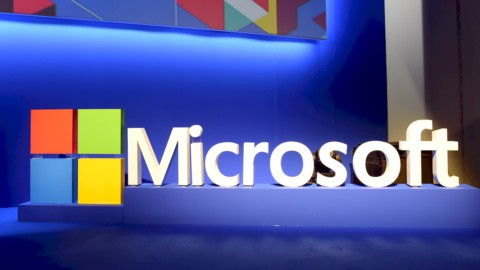The last will be the first? After a roaring year for most of the equity indices, it is worthwhile to revisit the markets that have disappointed operators' expectations and which, for this reason, now offer discounted valuations. Especially in the case of China, the giant of the world economy which, according to forecasts for the beginning of 2021, seemed destined to gather the post-Covid recovery first and most forcefully. Things, you know, went differently. The Csi 300 index of Shanghai and Shenzhen showed a drop of 5,3 percent in dollars. The Hong Kong Stock Exchange did even worse, closing the year with a generous 14% loss. And yet, there were not a few who bet that Beijing would defend the levels of the former British colony, the obligatory landing place, among other things, for the big names in yellow technology forced against their will to pack up on Wall Street.
That didn't happen. President Xi Jingping has imposed a severe squeeze on the giants that smell of excessive independence from central power. Alibaba paid the price, ousted from the top ten most capitalized companies, but also Didi, Beijing's Uber which had not waited for the party's go-ahead to apply to Wall Street. Meanwhile, the very threatening real estate crisis has exploded, which promises to have a long time to come. This morning's news of the new suspension of Evergrande stock which also announced over the weekend that it was ready to return to full activity. In short, not only has China been disappointed, but numerous signals indicate that the deceleration of the Dragon economy will also continue in 2022. Therefore, GDP growth will remain modest, probably below the 6% indicated by the official forecasts.
Given the zero tolerance policy against Covid-19, restrictions will continue to weigh on economic activityespecially in the service sector. The government intervened to support the energy sector after several blackouts had slowed down its activity. However, pressure on coal reserves is likely to remain, at least in the winter. As a result, producers are having to contend with higher energy costs at a time when export demand looks set to slow down. Stay away from Beijing? It also doesn't say why most of the negative factors have now been incorporated into prices. Today the accounts of the main electric car groups (Nio, Li Peng and Li Auto) will offer the opportunity to measure the strength of the recovery. Not only. Beijing has also adopted new stimulus measures while the authorities prepare for the apotheosis of the October congress, the occasion for a triumphant reconfirmation of the president. From a markets point of view, says Louisa Lo of Schroders “the correction of the Chinese stock market in 2021 gives rise to numerous opportunities in various sectors. Overall, we believe valuations are adequate and offer more downside risk protection in a still challenging macro environment in 2022.” In addition to a revision of the squeeze on technology stocks, the markets will be supported by consumer stocks driven by the increase in disposable income thanks to reforms and stimuli.
But the best opportunities could be found in fixed income, the real black hole for investors who, in the absence of alternatives, still buy Bunds, which still offer a negative yield even in the presence of German inflation above five per cent. Beijing bonds are a good alternative: attractive yields, inclusion in international indices and the holding of the currency in search of affirmation as a reserve currency are some of the reasons that suggest pay attention to renminbi bonds.
There is not only China among the big disappointments of 2021. A (slightly) high-risk bet concerns Brazil. The Bovespa index of the San Paolo Stock Exchange closed 2021 with a loss of almost 14%, if expressed in Euros. It is one of the worst stock market performances in the world. To find worse you have to look at the Stock Exchange Turkey, down 25% in Euros, due to the collapse of the Turkish Lira which opens the year with the sixth consecutive fall. In short, the announcement effect of the extraordinary measures made a few days ago by President Recep Tayyip Erdogan has already vanished. Even if bond yields are very high, the risk of losing the currency is still strong.
The stunts of the Sultan of Istanbul have created more damage than the poor management of the pandemic by the current president Jair Bolsonaro, whose popularity is in free fall.
Now, for seasonal reasons, the Covid-19 is slowing down. It is not known until when, also because the chronicles from Rio tell of the explosion of the fever for the Carnival, without a mask but numerous masked parades. It will certainly be a turbulent year ahead of the October vote which sees former president Ignacio Lula in clear advantage.
Is it worth betting on this Stock Exchange capable of achieving a spectacular +2016% in 76, expressed in euros? The bet, not to be advised for the faint of heart, is not foolhardy, even if the Carioca economy is back from a bad year, hampered in agriculture by the poor performance of the soy, cotton, corn and sugar cane harvests and, as regards industry, by the energy crisis and by the difficulties in exporting given the state of logistics. With all its problems, however, in 2031 Brazil it could become the eighth economic power in the world bypassing Italy. And for now prices are on balance: an average P/E ratio for the Bovespa index of around 6,7 times and a Dividend Yield of around 8%, very attractive values when compared with the world average: the MSCI World index "runs" with a P/E of 21,50x and a Dividend Yield of 1,70%.





